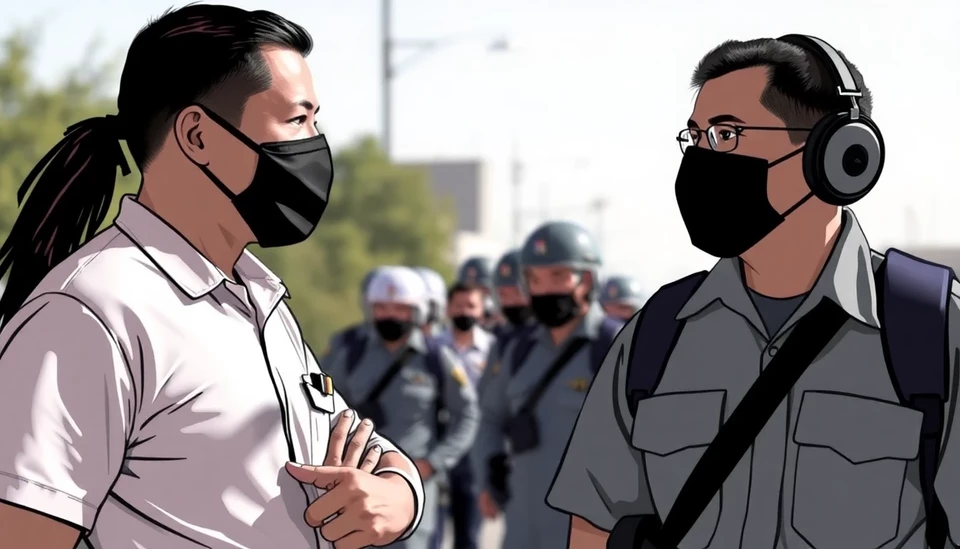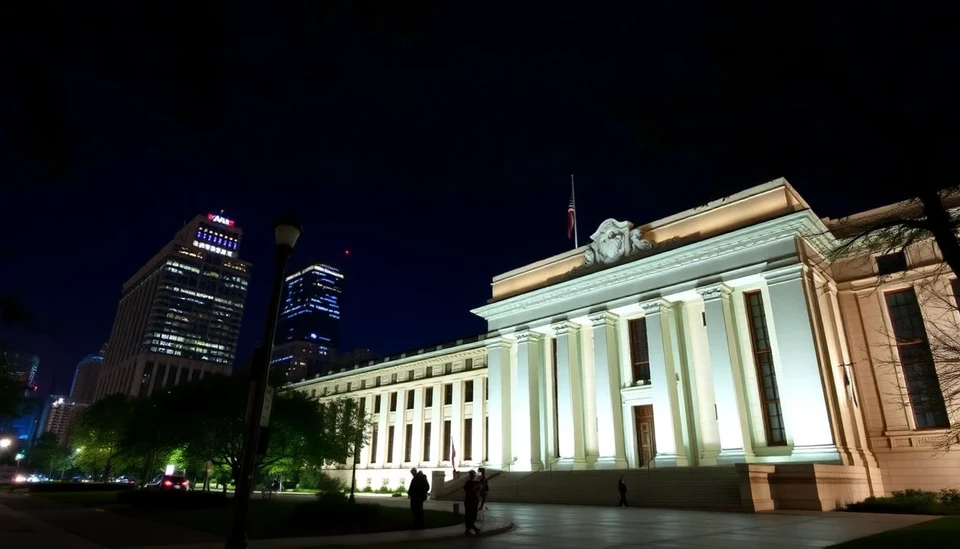
An economist from the Dallas Federal Reserve has expressed significant concerns regarding the potential repercussions of migrant crackdowns across the United States, particularly on the nation's GDP and inflation rates. In a recent analysis, the economist outlined how these policies could lead to labor shortages, ultimately jeopardizing economic growth and contributing to higher prices for consumers.
The Labor Market: A Critical Economy Component
As various states implement stricter immigration measures, many industries that depend on migrant labor are beginning to feel the strain. According to the Dallas Fed economist, sectors such as agriculture, construction, and hospitality are already experiencing notable declines in available workers. This scarcity is expected to escalate, leading to slower economic expansion, as companies struggle to fill positions necessary for maintaining productivity.
Growth Projections and GDP Impacts
The economist pointed out that the United States is currently navigating a fragile economic recovery from the aftermath of the global pandemic. Any disruption caused by decreased labor availability can hinder GDP growth, which is already projected to be modest in the coming years. Reports indicate that the combination of tighter labor markets and increased operational costs could create a ripple effect, ultimately affecting consumer spending and overall economic stability.
Price Pressures from Labor Shortages
In addition to stunted growth projections, the labor shortages stemming from migrant crackdowns could lead to inflationary pressures. With fewer workers available to meet the demand for goods and services, companies may raise prices to offset payroll expenses. The Dallas Fed economist warned that this chain reaction could result in higher costs for everyday items, placing additional financial strain on households already grappling with rising living expenses.
Examining Policy Implications
As policymakers consider stricter immigration laws, a critical analysis of the long-term economic impacts is essential. The economist's insights serve as a reminder that while the intention behind these crackdowns may relate to national security and job protection, the unintended consequences could ultimately hinder economic progress and disrupt labor markets. A balanced approach that considers both security and economic vitality could play a key role in fostering a healthier workforce environment.
Looking Ahead
In light of these developments, stakeholders across various sectors, including business leaders and policymakers, need to engage in conversations about sustainable labor strategies. Enhancing worker training programs, improving labor conditions, and potentially reforming immigration policies could be instrumental in mitigating the adverse effects predicted by the Dallas Fed economist.
In summary, the current landscape illustrates the intricate relationship between immigration policies and the economy. As the nation confronts the challenges posed by both internal and external factors, the need for comprehensive strategies has never been more pressing.
#DallasFed #Economy #MigrantPolicy #LaborMarket #GDP #Inflation #EconomicGrowth #ImmigrationReform
Author: Laura Mitchell
